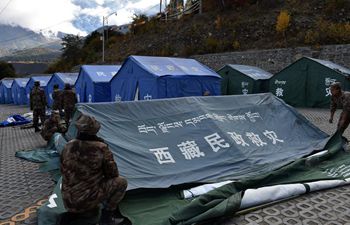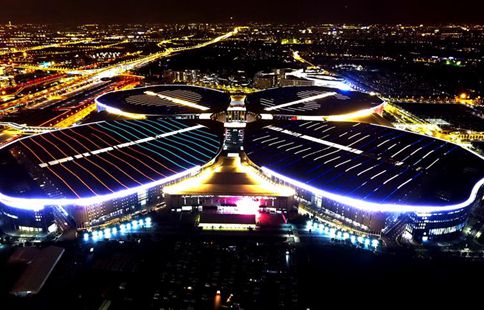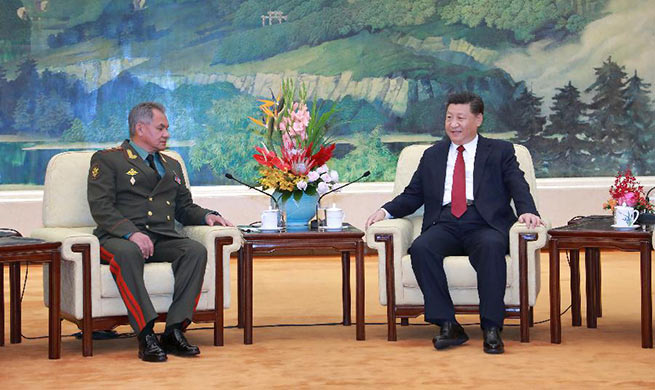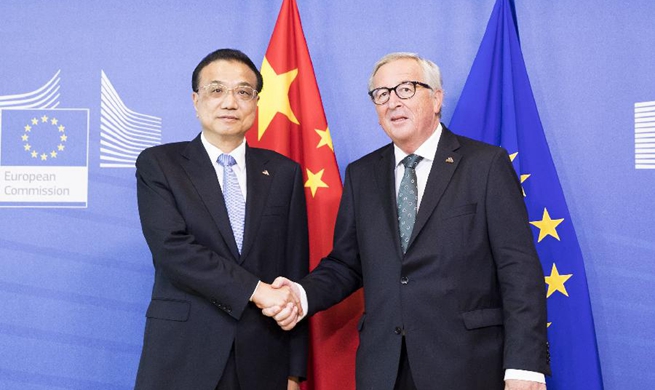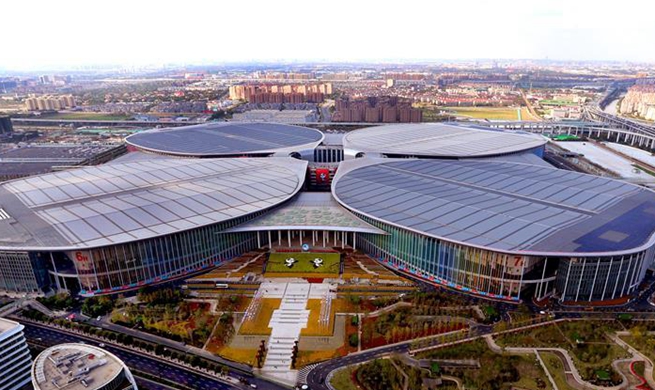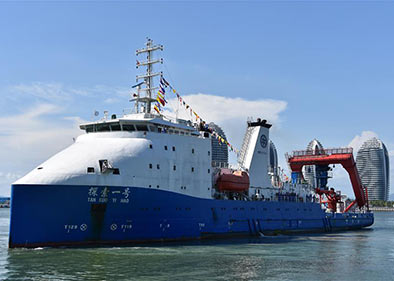HOUSTON, Oct. 19 (Xinhua) -- The impact of tariff hikes is expected to decelerate world economic growth in 2019-2020, meanwhile a deal on liquefied natural gas (LNG) may help ease trade tensions between China and the United States, according to experts who attended a petroleum technical symposium on Friday.
Steve Lewandowski, vice president of global olefins at IHS Markit, the London-based global information provider, told the 2018 CAPA Petroleum Technical Symposium, organized by the Chinese American Petroleum Association (CAPA), that the spillover effects of tariffs on market confidence and asset prices are at least as important as the trade effect.
He said that given the current strength of the U.S. economy, the new tariffs are ill-timed, because "their inflationary effects will exceed the trade related benefits." He asserted that "retaliation will make matters worse."
According to Lewandowski, the impact of tariffs on China is in two ways: hampering China's exports and reducing inward foreign direct investment.
Meanwhile, Langtry Meyer, founder and chief operating officer of the Texas LNG company, believed LNG may play an important role in seeking a solution to the trade friction between the United States and China.
He explained that China is one of the largest gas importers and the United States is one of the largest gas producers in the world. He said that China's demand continues to grow, and the United States has enough natural gas to last over 90 years.
Meyer called for further cooperation between the two countries in the trade of natural gas, which is in both countries' interests. He stressed that it's an opportunity for the United States to reduce the trade deficit with China.
Founded in 1983, CAPA is a non-profit Chinese professional organization in the petroleum industry. The theme of this year's one-day symposium is Big Data and Artificial Intelligence Accelerate Innovation and Technology Development in the Oil and Gas Industry.


